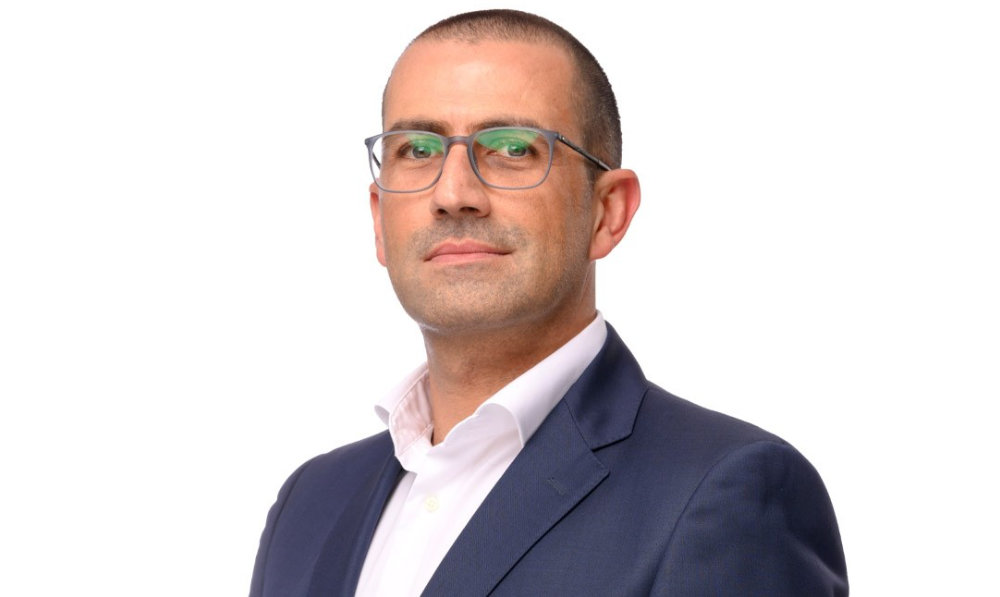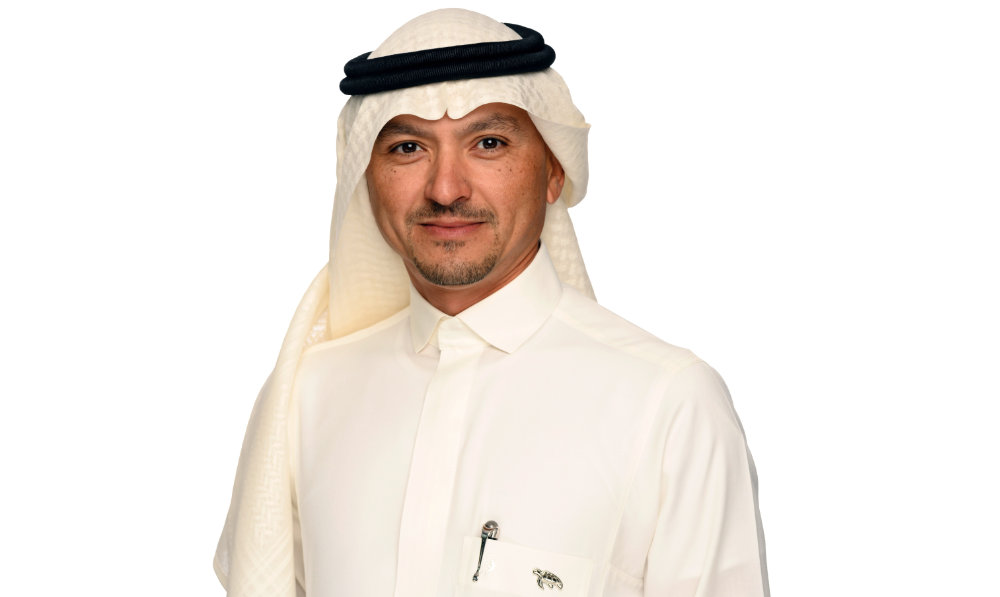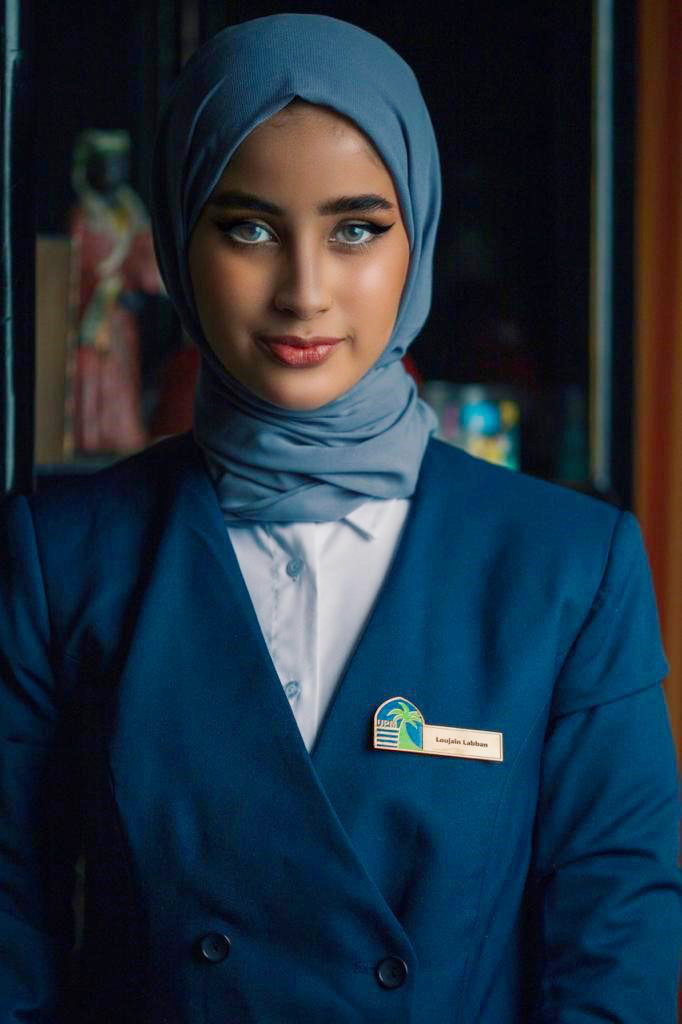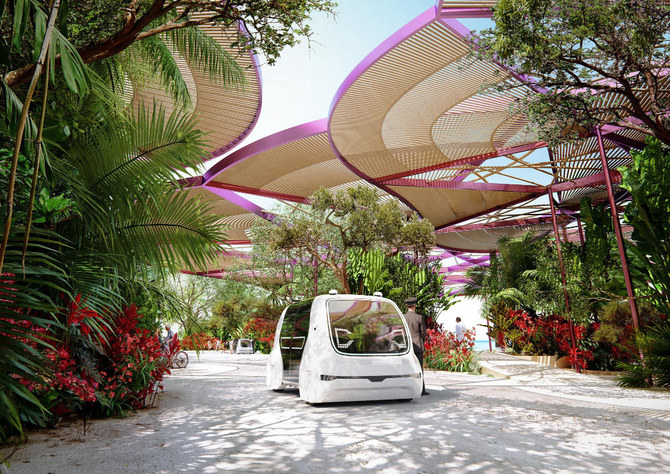RIYADH: A few years ago, it was a bit inconceivable to see tourists in large numbers swimming in Saudi Arabia’s Red Sea or marveling at the breath-taking natural habitats in the nearby islands.
Frankly, the Kingdom was never on the radar screen of potential European, American and Asian tourists as most of these visitors preferred to spend their vacations in more popular tourist destinations.
However, this is about to change.
The Saudi government, which is keen to diversify its economy and reduce its dependence on oil as the primary source of revenue, has embarked on an ambitious multi-billion-dollar plan to turn the Red Sea into a significant tourist attraction.
To achieve this goal, the Kingdom set up The Red Sea Development Co., which was incorporated as a closed joint-stock company wholly owned by Saudi Arabia’s Public Investment Fund.
The company’s main task is to develop and promote a new international luxury tourism destination that will set high standards for sustainable development and bring about the next generation of luxury travel.
According to the company, the development will offer unprecedented investment options and allow visitors to explore the five untouched treasures of the west coast of the Kingdom: the archipelago of over 90 islands with stunning coral reefs, dormant volcanoes and pristine nature reserves.
The new destination, which covers an area of 28,000 sq. km, is located between Umluj and Al Wajh, at the crossroads of Europe, Asia, the Middle East and Africa.
Oasis of relief
The company’s executives are upbeat about the future and feel confident that the first wave of tourists will come to the Red Sea at the end of 2022 with first three hotels to open by early 2023.
“We are gearing up to welcome the world’s most discerning travelers to The Red Sea Project by the end of this year when our first hotels will open. We have marked significant progress to ensure we remain on track,” Anton Bawab, head of operations at TRSDC, told Arab News.

Anton Bawab, head of operations, TRSDC
Bawab said the company has identified the hotel brands and partners and announced nine of them last October.
These include leading world brands such as Jumeirah, Six Senses, EDITION, St Regis, Fairmont, Raffles, SLS, Grand Hyatt and InterContinental.
“These offerings will form part of the 16 hotels that we planned for the first phase of development by 2023. Upon full completion, we will host 50 resorts offering up to 8,000 hotel rooms and more than 1,000 residential properties across 22 islands and six inland sites. The destination will also include an international airport, luxury marinas, golf courses, and entertainment and leisure facilities,” Bawab explained.
Bawab hoped by 2030 the number of visitors to the Red Sea would reach one million.
“By 2030, annual visitors will be capped at one million to ensure we provide an exclusive experience while mitigating environmental impacts and protecting the local heritage, nature, and culture for future generations.
“Access will drive visitors, and visitors will drive access. To that effect, we are working hand in hand with regional airlines to ensure that our international airport is accessible with frequent flights at guest-friendly timings,” he noted.
According to the estimates of TRSDC, by 2030, TRSP will contribute SR22 billion ($5.9 billion) per year to the local gross domestic product, while construction and 10 years of steady-state operations will generate cumulative revenues of SR464 billion by 2044.
Nurturing local talent
The work of TRSDC does not stop here. The company has also created a talent team to groom young Saudi nationals to work on the project to create more jobs in the market.
One of the key people behind this team is Zehar Filemban, senior talent development director of TRSDC.
“Our commitment to injecting the local market with 70,000 jobs while engaging with the public, private, and start-up sectors, will reenergize a thriving economy. Our mission is to redefine the relationship between luxury and sustainability while inviting the world to witness previously undiscovered local treasures. This will spotlight the country’s credentials as an ambitious nation on the global tourism stage,” Filemban said.

Zehar Filemban, senior talent development director
To achieve these strategic imperatives, the company is taking great care and caution to produce economic, environmental, and social co-benefits for the entirety of the tourism value chain.
“The overarching nature of the tourism industry means we are inspiring growth in supporting economic sectors like renewable energy, clean transportation, low-impact building and construction, sustainable agriculture and aquaculture, and wildlife management,” Filemban said.
He emphasized that TRSDC is committed to becoming an employer of choice by recruiting, developing and retaining exceptional talent, promoting Saudization and supporting diversity and inclusion.
“In this pursuit, we will continue to facilitate knowledge transfer within the local, regional, and international industry; enhance professional development opportunities and develop young Saudi talent,” Filemban said.
Preparing for the future
Filemban added that the company is creating the changemakers of tomorrow through robust learning and development courses such as the annual Elite Graduate Program, preparation programs in local towns, community workshops, and advanced training and mentorships opportunities.
“We do this in close partnership with industry leaders like National eLearning Center, Ecole hôtelière de Lausanne, Human Resources Development Fund, Saudi Academy of Civil Aviation, Saudi Entertainment Academy, the University of Tabuk and the University of Prince Mugrin.”
Filemban also supervised different departments to harness the abilities of the young Saudi nationals and prepare them to assume new responsibilities in the future.
“Over 600 students are currently enrolled in educational programs that support the provision of high-quality education and improve the learning experience to meet the needs of all employees and students. Programs that vary between vocational training and scholarships, under a wide range of tracks including hospitality management, airport services and technical services,” he added.
Filemban insisted that people are the company’s greatest assets and are the center of its organizational development, supported by its education and learning systems.
On May 19, TRSDC achieved another key milestone geared towards upskilling young Saudi talent through signing the second agreement with the Human Resources Development Fund to deliver high-quality training programs. General Manager of HRDF Turki Aljawini visited the site to sign the new agreement and get introduced to the project site.
This partnership will create a substantial pipeline to support and equip 1,000 young Saudis with the knowledge and expertise needed to start successful careers at TRSDC spanning across various areas such as hospitality, tourism security and information technology.
Eager to learn
Students also shared their company experience and closely followed the progress of work.
Lojain Labban, a student at the University of Prince Mugrin under a TRSDC scholarship program, learned about the program through a Twitter personality that had advertised the hospitality scholarship, and it triggered her interest.

Lojain Labban, scholarship student
“I honestly had no idea what I was going into, I didn’t know much about the major, but it seemed like a fantastic opportunity with one of the biggest companies in the Kingdom,” Labban said.
She expressed her admiration for the project and was even more impressed by the determination of officials to attract tourists to the Red Sea.
“I love that they are developing areas of Saudi soon to be one of the top places for tourism; they are creating a tourist hotspot right here. One does not need to look far to see luxury places to holiday in. It is helping the whole and the Saudi citizens themselves to truly explore and appreciate the beauty of the Kingdom,” Labban said.
Abdulrahman Hamid Alshithiwani, a high school student at Umluj, was also among the young Saudis who saw work progress at the Red Sea.
“First of all, I am proud of this most wonderful achievement because they set a very ambitious goal, and it is in my region that I was born and grew in. And to know that I am part of a giga-project that will draw the world’s attention by 2030,” Alshithiwani said.
He believes that these projects will offer massive numbers of job opportunities in many fields such as hospitality, renewable energy, aviation, the environment and much more.
“This project will take us to another level that will enable us to compete and excel in these markets,” Alshithiwani concluded.















